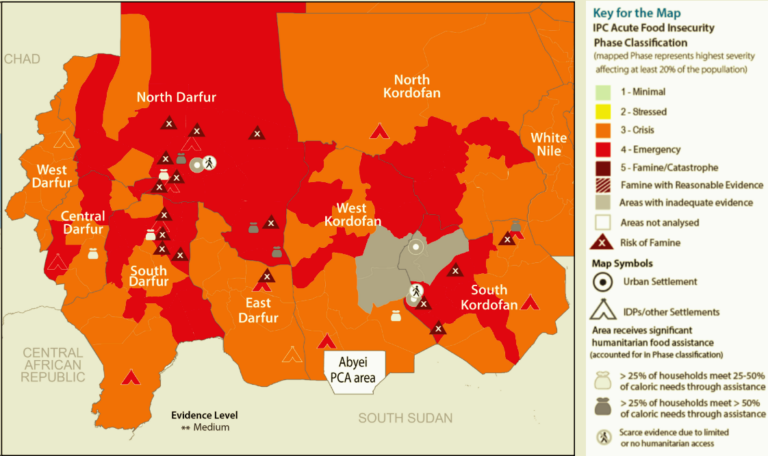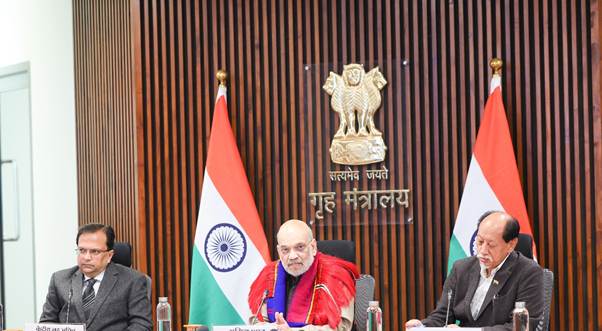
Members’ views remain divergent on several issues
Geneva: Progress in the agriculture negotiations depends on the willingness of WTO members to achieve it, the chair of the negotiations said at a meeting on September 7-8, 2021. the World Trade Organization stated on September 14. The informal meeting of the Committee on Agriculture in Special Session was the first opportunity for members to discuss a new draft negotiation text introduced by the chair on July 29 , 2021 with a view to facilitating consensus among members ahead of the WTO’s 12th Ministerial Conference (MC12) between November 30 and December 3, 2021.
The Chair in particular referred to talks on stockholding for food security purposes, and noted that, given the widely divergent views of members, she had found it very difficult to propose a way forward on this issue. The stockholding for food security purposes address how farm subsidy rules should apply when developing countries buy food at government-set prices as part of their public stockholding (PSH) programmes for food security purposes. The Chair highlighted that PSH remains a priority issue for the proponents who have repeatedly stressed its usefulness as a tool for addressing food security and rural livelihoods, especially in times of crisis such as the COVID-19 pandemic.
The new draft text sets out suggested ministerial decisions on 7 agriculture negotiation topics: domestic support, market access, export restrictions, export competition, cotton, public stockholding for food security purposes, and a special safeguard mechanism; and one cross-cutting issue, transparency.
A spike of new submissions (14 in total), were presented for discussion at the agriculture committee negotiations meetings in the ten days preceding the introduction of the Chair’s text. These submissions addressed most of the topics under negotiation, including domestic support, public stockholding for food security purposes, the special safeguard mechanism, transparency across the board as well as in different areas such as changes to applied tariffs, export competition or export restrictions, and various food security-related concerns.
The submissions sparked intense debate among members. While views remained divergent on several issues, including some fundamental ones such as the approach to be followed on domestic support, public stockholding or the special safeguard mechanism, many members emphasized their willingness to explore ways to narrow gaps and seek common ground. Members also underscored the same sense of urgency on reaching a meaningful outcome on agriculture at MC12. The Chair praised members for their constructive engagement and urged members to redouble efforts to build convergence.
For some areas where wider gaps remain in positions, the Chair said the text seeks to identify options for members to consider, thereby sketching out the contours for possible compromises and trade-offs within and across negotiating areas.
The Chair emphasized that more than 25 years after the conclusion of the Uruguay Round, the mandate set out under Article 20 of the Agreement on Agriculture to continue the reform process was still valid today: establishing a “fair and market-oriented agricultural trading system”; progressively reducing support and protection; and taking account of all members’ interests, including special and differential treatment for developing countries, non-trade concerns such as food security, and protection of the environment.
The Chair pointed out that agriculture trade remains highly distorted and protected, despite the rapid growth in trade in food and farm goods over the last quarter century, more integrated markets, and improvements to food security that have resulted from rising average incomes over this period. However, she said that new challenges such as COVID-19 and climate change are compounding existing problems associated with low agricultural productivity, persistent under-investment, stagnating rural incomes and enduring poverty, and that it was vital WTO members took action to help address these problems.
“WTO members can and should contribute to improving how food and agriculture markets function by redoubling their efforts to achieve an outcome at MC12”, she told the meeting.
Noting members’ continued divergences, including on some critical issues, the Chair admitted that “an MC12 outcome won’t be a comprehensive solution to all the problems facing food and agriculture markets today.” Nevertheless, “it is urgent for us to lay out a pathway forward to guide our future work and set out markers for what we wish to achieve together, including at subsequent Ministerial Conferences, ” she said.
Looking ahead, the Chair appealed for members’ efforts to enhance engagement, summon political will, and set out a direction for future progress at the WTO negotiating table. “It is our responsibility to contribute to the broader collective effort to rebuild more inclusive and sustainable economies as we all work to overcome the pandemic and lay the foundations for a more resilient future.”
– global bihari bureau





